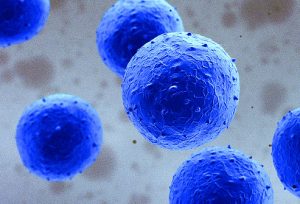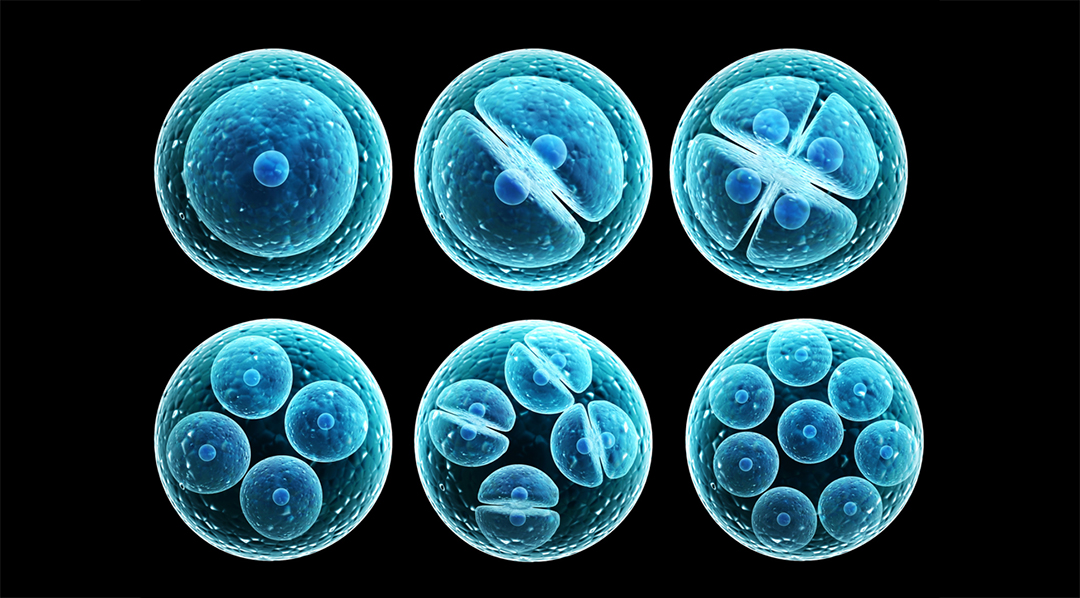Stem cells have the particularity of giving rise to other cells. They are undifferentiated cells. This means that when dividing, they originate daughter cells that can persist as stem cells for an unlimited period, or start the process of differentiation, originating a specific cell type with a determined function as well.
What makes them different?
 These cells highlight because they own characteristics that differentiate them from other cell types. As aforementioned, they are non-specialised or non-specific. However, under certain conditions, they have the ability to become cells that own special functions. All of them have the following characteristics:
These cells highlight because they own characteristics that differentiate them from other cell types. As aforementioned, they are non-specialised or non-specific. However, under certain conditions, they have the ability to become cells that own special functions. All of them have the following characteristics:
-They are not specialized or specific.
-The can create specialized or specific cell types.
-They are able to divide and renew themselves for extended periods of time.
How is the differentiation process?
They may duplicate several times by a process known as proliferation. If the resulting cells are still non-specialized, they have the ability of self-renewing for extended periods of time.
Besides, they do not own any kind of specific structural tissue. That is why non-specialized cells can create specialized ones. This includes cardiac muscle cells, blood cells, or nerve cells; by a process called differentiation.
Blood stem cells
These cells are just one of the many types of stem cells. They are essential for either replacing or creating red blood cells, white blood cells, and platelets.
Red blood cells (known as erythrocytes) carry oxygen through the body, white blood cells (or leukocytes) fight infections, and platelets control the coagulation.
When blood cells become cancerous, the best way to cure the disease is through a transplant of blood stem cells. This will replace the diseased cells for new and healthy cells. It is mandatory that cells must be as compatible as possible with the cells of the patient.
Where can we get them?
The cells used to perform these transplants come from three main sources. They are the bone marrow, the peripheral blood and the blood from the umbilical cord of newborn babies.
A healthy adult can donate stem cells coming from bone marrow and peripheral blood. However, in the case of umbilical cord stem cells, doctors can collect it at the time of the baby’s birth and store it for future use.
If you want to read more about this innovative treatment click here.
At the London Spine Unit, Harley Street Hospital, we have some of the best specialists in this area.

